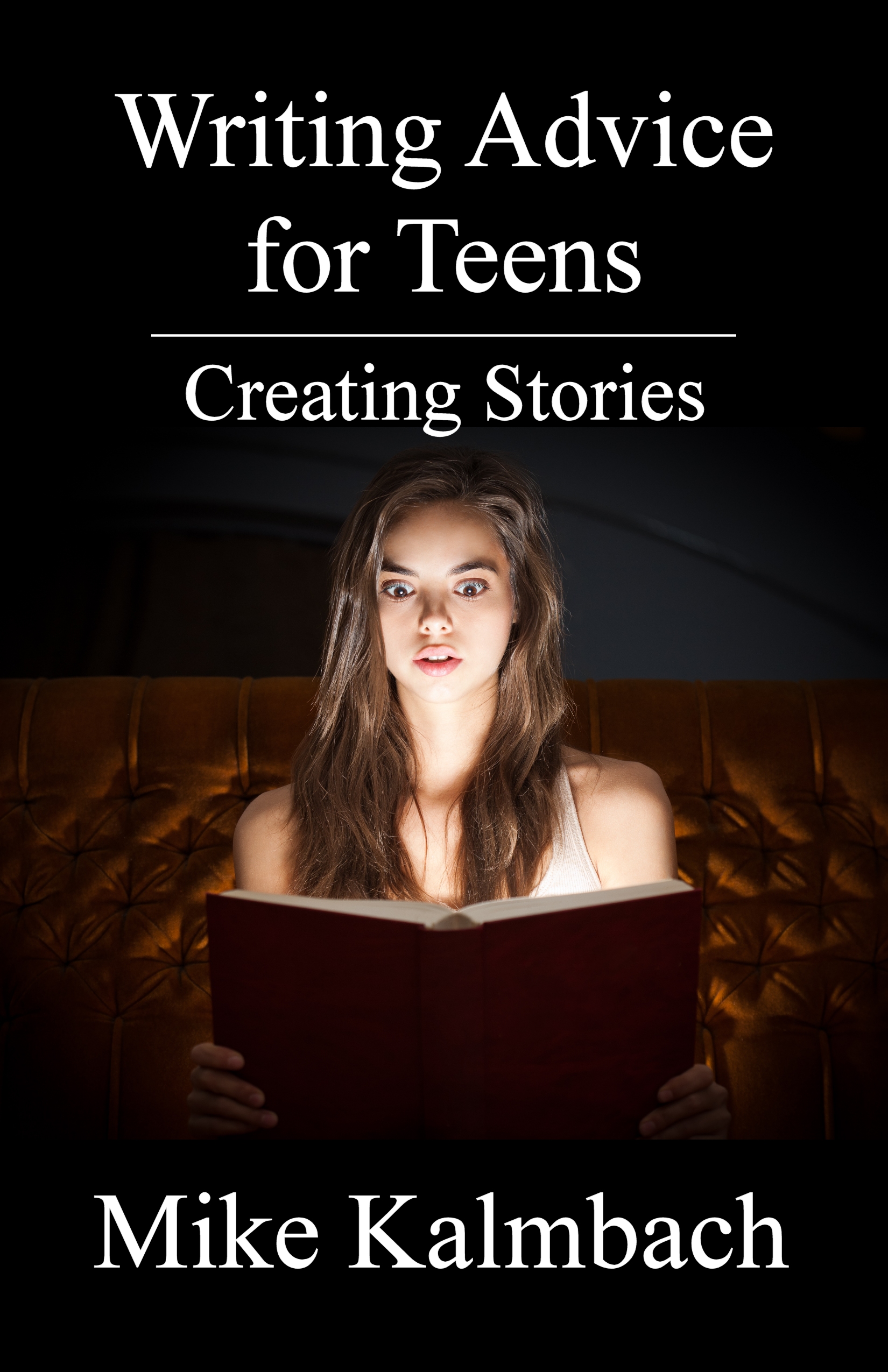I don’t know who said it first, but the answer is simple: tension on every page.
Actually accomplishing this is hard.
Last week, I finished up the Hunger Games trilogy. Suzanne Collins is a master at creating tension and conflict. Every page is filled with unanswered questions, raising the stakes for her characters, and overall, the feeling of building toward some overarching conflict.
Writers can learn a lot from the way she writes books. Not only is the story enjoyable, but Collins helps her characters connect with readers. Katniss and the other players in the Hunger Games feel real.
So what makes this hard?
It takes time to create stories with tension. Consider this example:
The room was tense. Everyone was pretty nervous.
Do you feel the tension? If you’re like most readers, you don’t.
Why not?
The sample is too vague. How was the room tense? Why was everyone nervous? Without feeling the tension ourselves, the story feels like it lacks focus.
Try this instead.
The front door slammed against the wall.
“LAPD. Everyone, freeze!”
Alan gripped his gun. This is it, he thought. Now I will either live or die.
While this example isn’t perfect, it shows the mindset of the character. It makes the story personal. As the reader, we understand that Alan is at a turning point. We don’t yet know why Alan is in this life-or-death situation. Somehow he’s found himself on the wrong side of the law. Or maybe someone’s impersonating the police.
Making the story personal adds tension. Instead of trying to describe how everyone’s feeling, focus on one character. Let your readers experience the story through that character’s eyes. Tension comes by making a story personal.
Do you have to throw a gun into a situation to make it tense? Of course not.
Another word for tension is “anticipation”. Make the reader expect that something’s going to happen.
I gazed fondly into Adam’s eyes. I put my hand on his, and leaned forward expectantly.
Adam looked away. “Sarah, we need to talk.”
At first, we expect that Sarah is going to get a kiss. That’s when Adam does something unexpected, increasing the tension with the loaded words “We need to talk.”
Expecting a kiss adds tension. Expecting a breakup adds more.
Add tension to your story, and your readers won’t want to put your book down. Keep writing!
What other ways can you think of to add tension to a story? Share your knowledge in the comments!


Let’s say a girl woke up in a dark room and she hears a man asking her a question, a question that she can’t answer. Well, I think it would add tension if instead of her just saying, “No, I won’t tell you,” that she says this…
“Life means nothing to me anymore,” I say my voice cold. “You can kill me if you want, but I won’t break.”
The deep laugh twisted my gut. Leaning into the light, a man with startling blue eyes slyly grinned. “Oh, Miss Levi, you’ll wish you were dead. We can do far worse.” A second ticks by before he shakes his head and wickedly laughs again, “We can do far worse, indeed.”
It definitely depends on what genre you are writing in.
Thank you so much for the help! I like your blog a lot.
I agree, good example. I’d also say that you might be able to increase the tension even more by deleting the last line: A second ticks by before he shakes his head and wickedly laughs again, “We can do far worse, indeed.” — a lot of times, leaving something creepily hanging in the air like “We can do far worse” will be more likely to tingle your reader’s spine.
Thanks for the comment!
Thanks for the help!
Anytime. 🙂